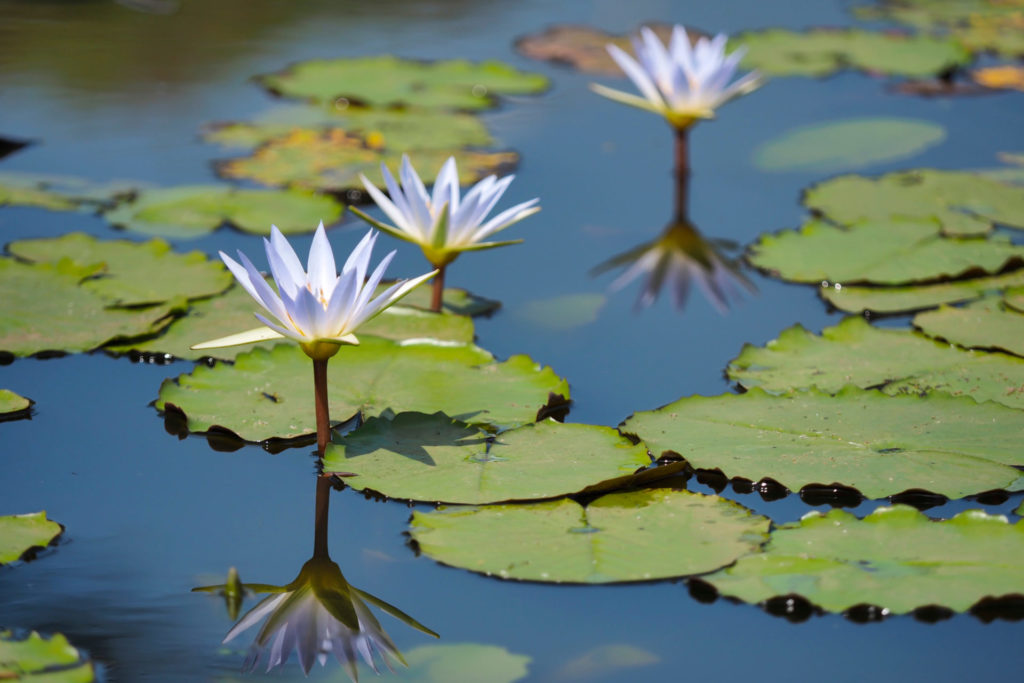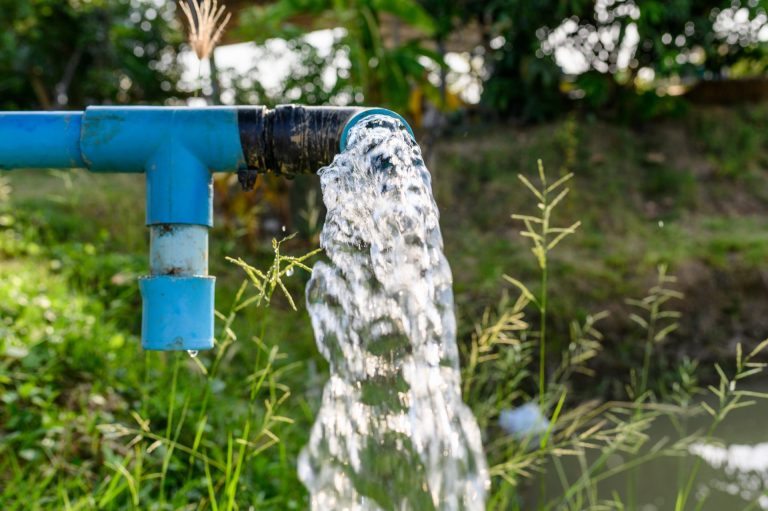heading
Multi-stakeholder groups for solutions
Since 2003, Swedish Water House has hosted many different Multi-Stakeholder Groups, also known as cluster groups, where stakeholders collaborate to improve water management in their sector.

The approach has attracted great interest as a form of peer-to-peer learning that can lead to fast and profound transformations of whole sectors. One example is the Sustainable Textile Water (STWI) Initiative, which started as a multi-stakeholder group for Swedish textile manufacturers before evolving into a larger platform for collaboration. Through STWI (which then read Sweden Textile Water Initiative), major Swedish brands have reduced their water consumption as well as their emissions of chemicals and greenhouse gases.
Another example is the Responsible Antibiotics Manufacturing Platform (RAMP) which emanates from the multi-stakeholder group “Water and Pharmaceuticals” that already in 2014 was a frontrunner in examining the link between pharmaceutical production, water, and antibiotic resistance. Today, RAMP is working to reduce the risks related to the production of antibiotics together with stakeholders in the pharmaceutical industry.
Other groups with a lasting legacy are “Water and Faith”, with representation from different faith-based groups, and “Water and Food”, “Water and Forest” and “Water in the Landscape” which laid the foundation for the “Water for Resilient Landscapes” cluster group and programme.
Concluded groups
SIWI has organized multi-stakeholder groups within a broad range of fields since 2003.


